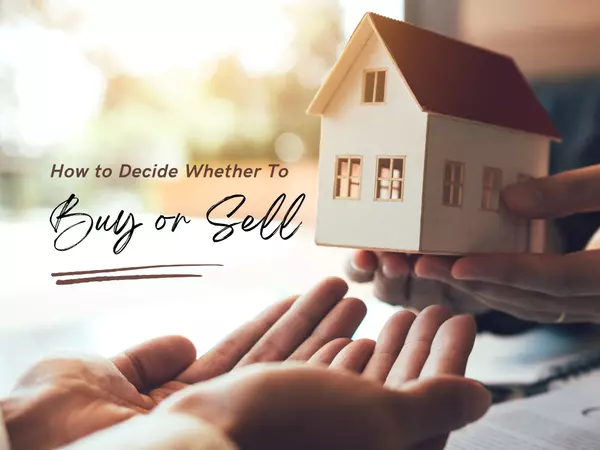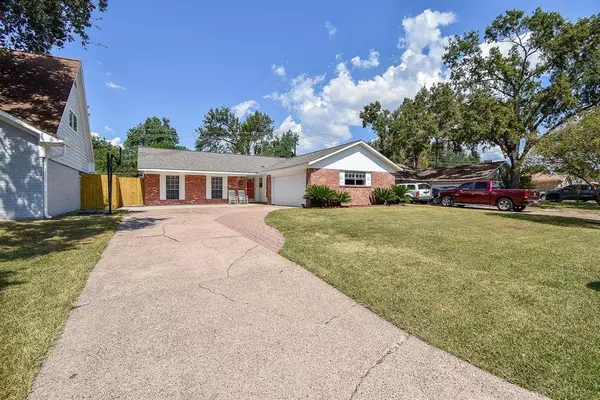
How Buyers Can Survive Rising Interest Rates
How Buyers Can Survive Rising Interest Rates Here are three easy methods to deal with rising interest rates. “I want to purchase a home, but how can I deal with higher interest rates?” Many clients have reached out to ask me this question recently. In case you don’t know, the Federal Reserve

Contingent vs. Non-Contingent Offers
Contingent vs. Non-Contingent Offers How is a contingent offer different from a non-contingent one? What’s the difference between a contingent and a non-contingent offer? Understanding these two types of offers is more relevant now than ever since we’re in such a tough market for buyers. A c

How To Decide Whether To Buy or Sell First
How To Decide Whether To Buy or Sell First How to decide whether you should buy or sell your home first. In today’s real estate market, low inventory and high demand are dominating the conversation. It’s easy to sell, but it’s much harder to buy. Many homeowners are in a position where they ne
Categories
- All Blogs (66)
- Buy A Home (23)
- Buyer Tips (31)
- Deer Park Spotlight (1)
- Downloads (4)
- Downpayment Assistance / Grant Programs (4)
- Financing A Home (11)
- First Time Home Buyers (13)
- First Time Home Sellers (11)
- Follow Me Friday (5)
- For Sale By Owner / FSBO (7)
- Fun Stuff :) (6)
- Holiday Events (2)
- Home Appraisals (7)
- Home Inspections (6)
- Home Loan Process (10)
- Home Maintenance (7)
- Home Staging (4)
- Homestead Exemption (4)
- Investing (6)
- Listing Video Tours (7)
- Market Snapshot (7)
- Market Update (7)
- Miscellaneous (5)
- New Construction (5)
- New Listings (1)
- Raving Fans (5)
- Real Estate Knowledge Video Series (6)
- Sell Your Home (31)
- Seller Tips (28)
- Tax Credits (4)
- Testimonials / Reviews (5)
- Uncategorized (10)
- VIP Preferred Vendors (5)
Recent Posts










